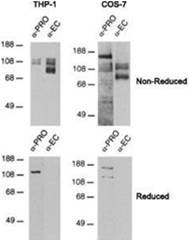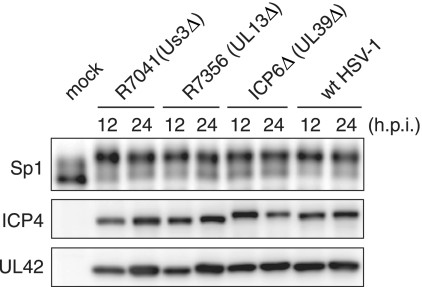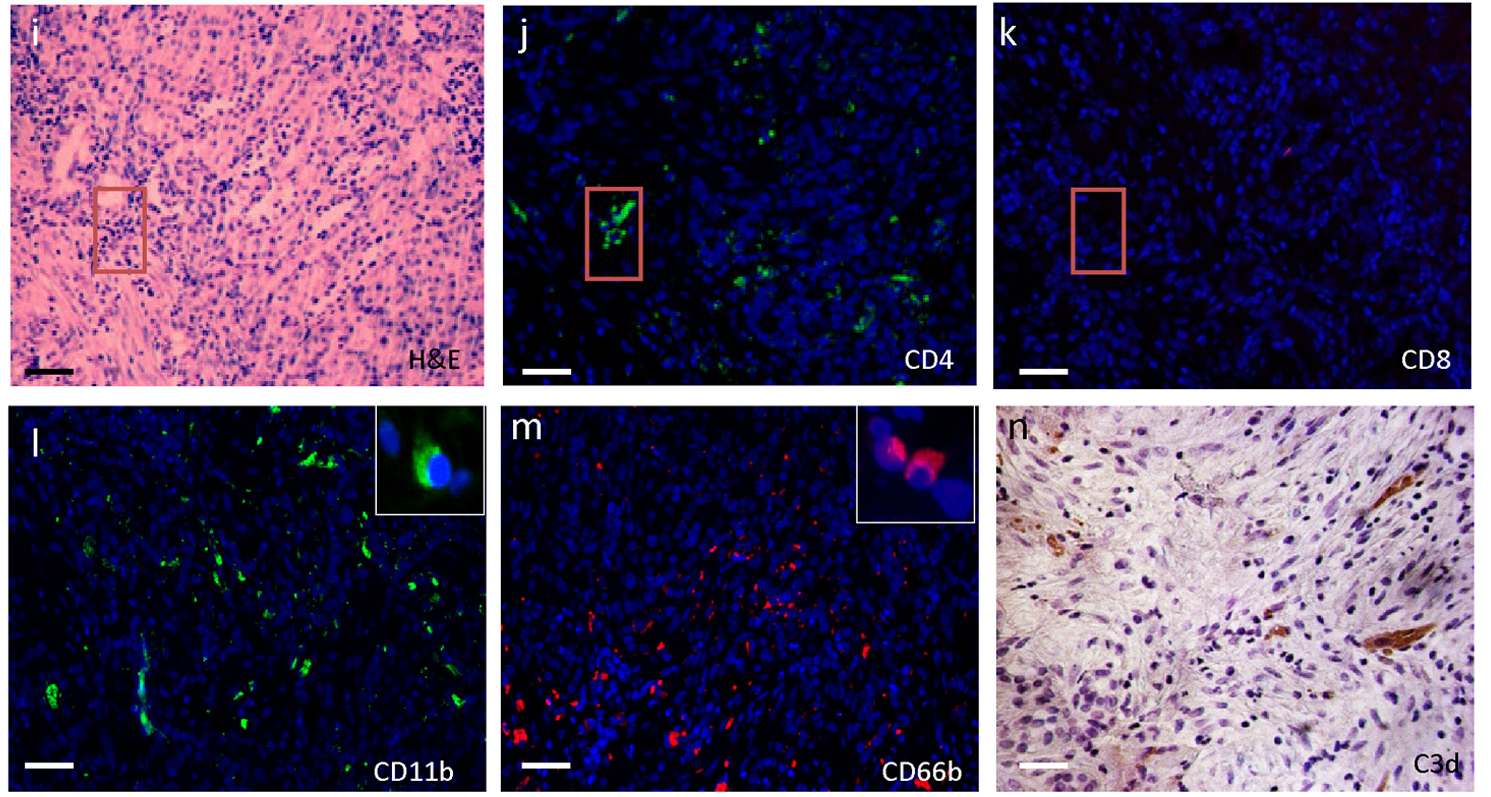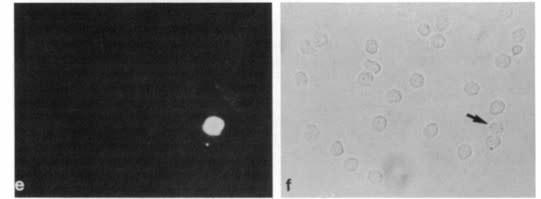Cat. #152533
Anti-ADAM17 [17MOCYT]
Cat. #: 152533
Sub-type: Primary antibody
Unit size: 100 ug
Availability: 10-12 weeks
Target: ADAM17
Class: Polyclonal
Application: WB
Reactivity: Mouse
Host: Rabbit
£300.00
This fee is applicable only for non-profit organisations. If you are a for-profit organisation or a researcher working on commercially-sponsored academic research, you will need to contact our licensing team for a commercial use license.
Contributor
Inventor: Carl Blobel
Institute: Hospital for Special Surgery
Tool Details
*FOR RESEARCH USE ONLY
- Name: Anti-ADAM17 [17MOCYT]
- Clone: 17MOCYT
- Tool sub type: Primary antibody
- Class: Polyclonal
- Conjugation: Unconjugated
- Molecular weight: ~100 kDa (mature form), ~120 kDa (pro-form)
- Reactivity: Mouse
- Host: Rabbit
- Application: WB
- Description: ADAM17 (TACE/CD156b) has proved capable of cleaving epidermal growth factor receptor (EGFR) ligands, extracellular Notch1, cell-surface receptors, and adhesion molecules. As proteolytic cleavage is an indispensable activation event for many of these substrates, ADAM17 has emerged as an attractive therapeutic target for the treatment of cancer and rheumatoid arthritis.
- Immunogen: GST-cyto corresponding to the cytoplasmic domain of murine ADAM17
Target Details
- Target: ADAM17
- Molecular weight: ~100 kDa (mature form), ~120 kDa (pro-form)
- Target background: ADAM17 (TACE/CD156b) has proved capable of cleaving epidermal growth factor receptor (EGFR) ligands, extracellular Notch1, cell-surface receptors, and adhesion molecules. As proteolytic cleavage is an indispensable activation event for many of these substrates, ADAM17 has emerged as an attractive therapeutic target for the treatment of cancer and rheumatoid arthritis.
Applications
- Application: WB
Handling
- Format: Liquid
- Concentration: 0.9-1.1 mg/ml
- Unit size: 100 ug
- Storage buffer: Whole serum
- Storage conditions: -20° C
- Shipping conditions: Shipping at 4° C
References
- Horiuchi et al. 2007. J Immunol. 179(5):2686-9. PMID: 17709479.
- Le Gall et al. 2010. J Cell Sci. 123(Pt 22):3913-22. PMID: 20980382.
- Maretzky et al. 2011. Nat Commun. 2:229. PMID: 21407195.
- Schl
ndorff et al. 2000. Biochem J. 347 Pt 1:131-8. PMID: 10727411. - Zheng et al. 2002. J Biol Chem. 277(45):42463-70. PMID: 12207026.







